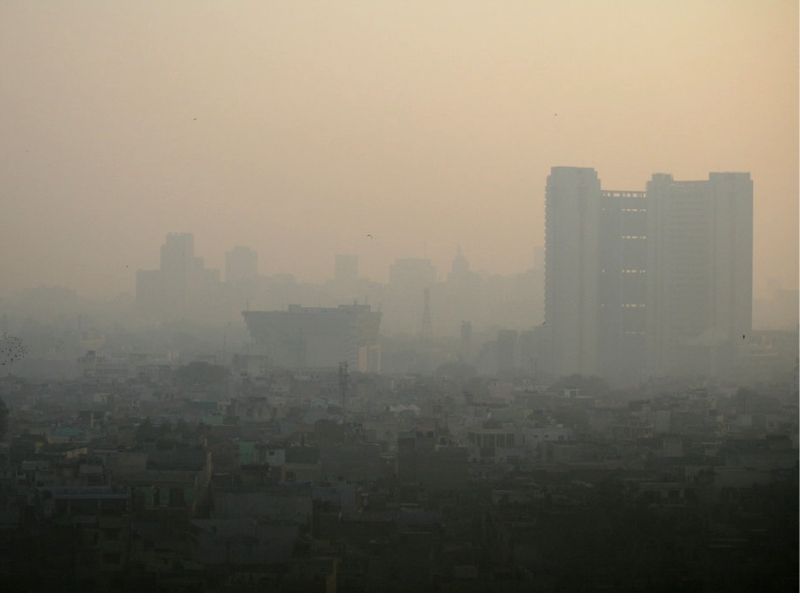The Delhi Directorate of Education (DoE) has mandated hybrid learning for students up to Class 9 and Class 11 in response to a significant deterioration in air quality. The directive comes after the implementation of Stage 4 restrictions under the Graded Response Action Plan (GRAP), triggered by an alarming rise in pollution levels.
The Air Quality Index (AQI) surged from 275 on Tuesday to 396 by 6 pm Wednesday, with predictions from the India Meteorological Department and the Indian Institute of Tropical Meteorology suggesting a breach of the hazardous 400 mark is imminent. Calm winds, low temperatures, and dense fog have exacerbated pollutant accumulation in the region.
The Commission for Air Quality Management (CAQM) directed the immediate enforcement of all Stage 3 and 4 measures in Delhi-NCR to mitigate the crisis.
In its circular, the DoE stated, “All heads of government, government-aided, unaided private schools under DoE, NDMC, MCD, and the Delhi Cantonment Board are directed to conduct hybrid classes for students up to Class 9 and Class 11, wherever online learning is feasible, effective immediately until further notice.”
Under Stage 4 of GRAP, stringent measures include banning construction activities, restricting the entry of non-essential polluting trucks into Delhi, and shifting all school classes to hybrid mode, except for Classes 10 and 12. Additionally, non-essential diesel trucks and BS-IV or older diesel-run heavy goods vehicles registered in Delhi are prohibited, except for essential services.
GRAP categorizes air quality into four stages: Stage 1 (Poor, AQI 201-300), Stage 2 (Very Poor, AQI 301-400), Stage 3 (Severe, AQI 401-450), and Stage 4 (Severe Plus, AQI above 450). The Delhi-NCR region enforces these graded measures annually during winter to address rising pollution levels.
Source: PTI
